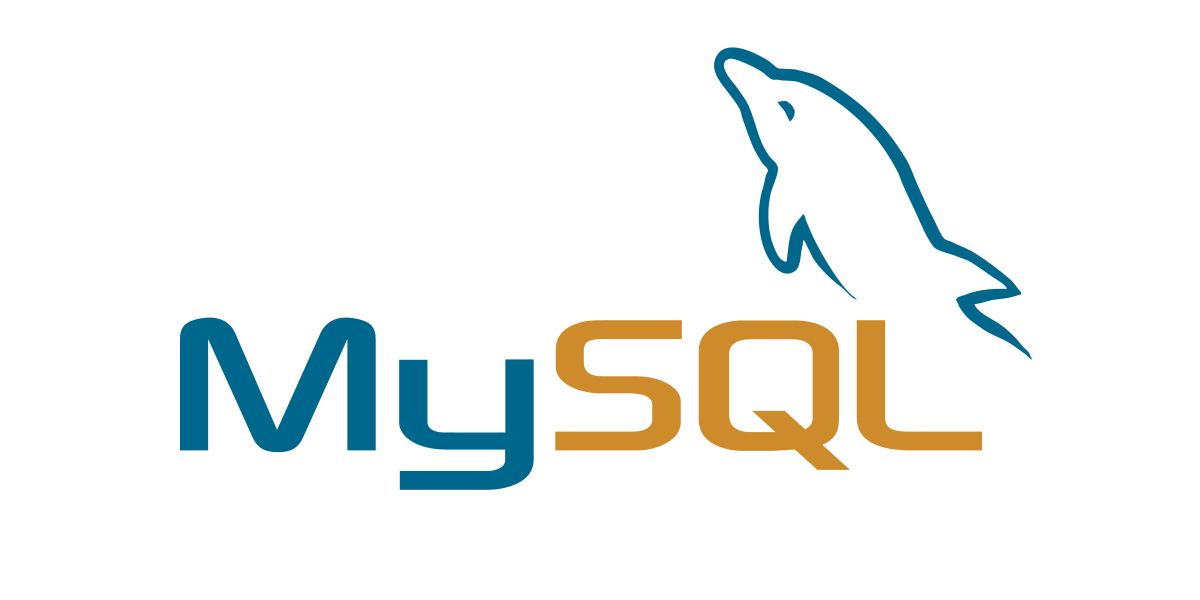
MySQL
MySQL is a relational database management system (RDBMS) developed by Oracle that is based on structured query language (SQL).
Connect to DB
Our MySQL integration uses a common Java Database Connectivity (JDBC) based connector for accessing and maintaining SQL table permissions.
We use SCIM protocols to connect via our JDBC Connector.
Account in MySQL
IDHub pulls all user account information from a targeted location.
User Account attribute we fetch is fully customizable. Some examples are as below:
- First Name
- Last Name
- Display Name
- Telephone Number
- Email-Address (As a unique identifier)
- Department
- Title
- Employee Type
Our customers can choose to fetch any other attributes apart from the above as per their individual needs. With our Attribute based Access Control (ABAC), you can decide which information will be used on new user creation and which ones on user modifications.
Entitlements in MySQL
IDHub JDBC Connector pulls only 1 types of entitlement from MySQL instance for provisioning and de-provisioning.
- Tables
Employees of your organization can request for Table access as needed.
Table
As part of JDBC connector, we establish connection with MySQL instance
All the tables pulled are considered as ‘Entitlements’
Users will be able to request for a table access from IDHub.
Upon completion of approvals based on request workflow defined by you on a particular table, the users will automatically get access to the requested tan;e by our automated fulfillment.
Support and Maintenance
IDHub provides out of the box connector issue support and timely maintenance as a standard quality guarantee for all of our customers having our Cloud solution. However, any customization made to existing connectors requires managed services support plan for support and maintenance.
Other JDBC Connector Apps
Some other database applications to connect to are:
- Postgress SQL
- Microsoft SQL Server
- SQLite
- Mongo DB
- Redis
- Oracle DB etc.